Just what is a seven-star hotel? These luxurious and grandiose establishments strive for a place above and beyond even the notable luxury of a five-star rating. Seven-star hotels aim for levels of sumptuousness and extravagance that most luxury hotels can only dream of. In this article, you’ll learn what makes a seven-star hotel and discover some examples.
Table of Contents:
- What Is the Hotel Industry?
- International Standardization in Hotel Star Rating Systems
- What is The Significance of Hotel Star Ratings?
- What Is a 7-Star Hotel?
- Features of a 7-Star Hotel
- Five Most Famous 7-Star Hotels
- Social Media Strategies
- What Makes a Hotel Cool?
What Is the Hotel Industry?
From a seven-star hotel in Singapore to the humblest backpacker hostel in Prague, the hotel industry serves the needs of travelers who require overnight accommodation (or longer). The hotel’s features, amenities, and services will vary depending on the price position and the guests’ needs, with hotel owners and managers aiming to attract a particular customer. There’s a significant overlap between the hotel industry and the hospitality industry — so significant that they’re often confused.
The hospitality industry is broadly concerned with leisure and recreation, covering not just hotels but bars, restaurants, tourism, and other activities that people typically undertake for enjoyment rather than due to necessity. The hotel industry is concerned explicitly with customers who want accommodation, whether traveling for business, study, or tourism. According to the Travel & Tourism – Worldwide Report by Statista, the hotel market is projected to reach a market volume of $446.5 billion in 2024. You can learn more about the hotel industry in “Hotel Industry: Everything You Need to Know About Hotels!”
International Standardization in Hotel Star Rating Systems
What is a seven-star hotel? The highest standardized star rating for a hotel is five stars. Various companies and rating bodies have worked to create a meaningful rating system for hotels, evaluating establishments on a five-yearly basis to determine their star ratings. The rating system’s critical aspects include comfort, service excellence, and quality amenities.
Because there are various rating bodies, there are also different systems. One of the most widely known is the Michelin star rating, which awards hotels between one and five stars (with five stars being the highest possible). Other systems also use a similar star rating.
What Is The Significance of Hotel Star Ratings?
A hotel is one of the first things a traveler might look for when preparing for a trip. It’s important to find comfortable accommodation within the traveler’s price range. Star ratings offer a quick and easy way to tell if a hotel suits the client. Someone looking for a genuinely luxurious experience would seek out hotels with four or five stars, while a budget traveler might be happy with a two-star hotel. A five-star rating implies that a hotel is exceptionally well-appointed and that the service and amenities will be outstanding. According to the Global Luxury Hotel Supply Report by Statista, the number of luxury rooms available worldwide in 2023 was over 1.5 million.
For more information about hotel star rating systems, please read “The Hotel Star Rating System: Types, Benefits, Significance, Examples”.
What Is a 7-Star Hotel?
With most star ratings offering a maximum of five stars, you might wonder what a seven-star hotel is. In truth, there are no official 7-star hotels. That doesn’t mean guests, reviewers, and sometimes hotel owners haven’t dub some establishments seven-star hotels. A seven-star hotel exceeds even the luxury and premium service required to attain a five-star rating from an official body. These hotels offer something above and beyond a five-star experience, catering to a highly wealthy clientele. They’re courting celebrities, captains of industry, and major political figures.
Table: Differences Between 5-Star and 7-Star Hotel
Features of a 7-Star Hotel
Seven-star hotels are characterized by exclusivity and grandeur. With rooms sometimes costing tens of thousands of pounds a night, guests can expect lavish services. Such hotels might offer helicopter transfers instead of the traditional limousine, incredible collections of fine wines in the cellars, personal butlers, and more.
Only the wealthiest clientele could even consider a stay at one of these establishments. Simply offering comfortable rooms, well-maintained amenities, and gourmet food in the restaurant isn’t enough. A 7-star hotel strives to offer a uniquely luxurious experience, breaking records and making headlines.
A seven-star hotel might have any number of facilities. Pool and spa facilities will be numerous and varied, with a record-breaking range of available facilities and procedures. The restaurants will serve food prepared by Michelin-star chefs. Every suite and room might have a unique design. Services will be unsurpassed in flexibility and discretion. The location and views will be superb.
Five Most Famous 7-Star Hotels
You can find examples of seven-star hotels all around the world. Below are examples of the most famous or extravagant hotels that offer exceptional luxury to their guests.
Burj Al Arab – Dubai, United Arab Emirates
In a city renowned for its extravagant futuristic architecture, it takes a lot for a hotel to stand out. The iconic Burj Al Arab succeeds in this. It’s the original 7-star hotel. Burj Al Arab is the tallest hotel in Dubai, standing on its own man-made island. Guests can expect to be treated like royalty, especially if they choose to stay at the Royal Suite. This is the hotel’s most expensive room, with a single night costing upwards of £20,000. The suite has a cinema room and a personal butler and limousine.
Video: Burj Al Arab – The World’s Most Luxurious Hotel
Click here to visit the website of Burj Al Arab.
Laucala Island Resort – Fiji
The Laucala Island Resort lets guests enjoy the paradise of Fiji in style. What is this seven-star hotel? Well, it’s made up of 25 villas and cared for by a small army of staff — more than 300. The cheapest villa is almost £4,000 per night, while the most expensive is over £41,000. Guests who can afford the exorbitant prices can enjoy various services, with drivers, cleaners, nannies, and private chefs on hand to meet every need. The villas are extravagantly appointed, offering beachside bedrooms and private infinity pools Experiences include kayaking, golfing, and even submarine trips in the pristine waters of the South Pacific.
Click here to visit the website of Laucala Island Resort.
Hôtel Plaza Athénée – Paris, France
Of course, a seven-star hotel in Paris has to feature Eiffel Tower views. The Hôtel Plaza Athénée delivers on Avenue Montaigne and is just opposite the famous landmark. The rooms have classic French opulence, crystal chandeliers, luxurious materials, and premium features. Each room boasts a private balcony so guests can gaze at the Eiffel Tower and the Paris skyline while enjoying their petit déjeuner. Window-side armchairs and coffee tables allow indoor view enjoyment if the Parisian weather isn’t cooperating.
Video: Hôtel Plaza Athénée – Grand Reopening 2020
Click here to visit the website of Hôtel Plaza Athénée.
Taj Falaknuma Palace, Hyderabad, India
Once occupied by the ruler of Hyderabad, the Taj Falaknuma Palace is India’s sole seven-star hotel. It’s an incredible building, as you’d expect from somewhere that was once the home of the world’s wealthiest man. The palace boasts a unique scorpion-shaped structure with two sweeping wings instead of claws. The interior is even more incredible, with priceless artworks and manuscripts on the walls, a collection of jade artifacts, and Belgian Osler chandeliers. The hotel even has a replica of Windsor Castle’s library. Guests can expect the most regal of welcomes, with the option of pulling up in a horse-drawn carriage.
Click here to visit the website of Taj Falaknuma Palace.
Signiel Seoul, Seoul, South Korea
Situated in the Lotte World Tower, the Signiel Seoul defines the concept of a seven-star hotel. While most of the rooms aren’t as outrageously priced as some on this list, it’s still South Korea’s most costly hotel; the most expensive room is over £15,000 a night. Guests can be transferred in by helicopter to enjoy luxurious rooms, food prepared by Michelin-starred chefs, and Asia’s biggest collection of champagnes. Thanks to its location in one of the world’s tallest buildings, the hotel offers spectacular views over Seoul.
Video: SIGNIEL SEOUL by LOTTE Hotels & Resorts (official)
Click here to visit the website of Signiel Seoul.
Social Media Strategies
It’s not just 7-star hotels that deserve a high profile. Hotels and resorts must keep up with the latest strategies to leverage social platforms in an era where social media is king. Perhaps more than any other sector, businesses in the hotel industry can benefit from the opportunities offered by platforms like Instagram, TikTok, Facebook, and more.
In this article, you’ll discover ways to leverage social media to raise brand awareness, drive website traffic, increase bookings, and improve revenue management. Find out how social media can help your hotel marketing strategies in “Social Media Strategies For Hotels to Engage With Guests”.
What Makes a Hotel Cool?
With more and more people choosing to travel for business and leisure, guests are increasingly searching for something outside the norm. Bland, generic hotels won’t satisfy a curious and experience-hungry traveler. Hotels that offer character, a unique location, or an outstanding aesthetic have a natural advantage in a changing market.
The cool hotel craze is sweeping the industry, from hotels inspired by natural surroundings or famous landmarks to floating boatels. To learn more about what makes a hotel cool and to study some genuinely unique hotels, read “Cool Hotels: What Makes a Hotel Cool and What are Some Examples?”
7 Star Hotel FAQs
While a “7-star hotel” might not be an official rating, it’s still a meaningful designation for the world’s most opulent and extravagant hotels. If a hotel offers record-breaking amenities and service that’s second to none, perhaps it’s worth those two extra stars.
Did You Like This Article About 7-Star Hotel?
You might also be interested in the following articles:
- Hotel Facilities: Everything You Should Know About Facilities in Hotels
- Hotel Designs: Inspirations for Hoteliers for New Design Hotels
- Hotel Room Types & Room Pricing Tips for Hoteliers
- Open Pricing: Why Is It the Next Hotel Revenue Management Strategy
More Tips to Grow Your Business
Revfine.com is the leading knowledge platform for the hospitality and travel industry. Professionals use our insights, strategies, and actionable tips to get inspired, optimize revenue, innovate processes, and improve customer experience.Explore expert advice on management, marketing, revenue management, operations, software, and technology in our dedicated Hotel, Hospitality, and Travel & Tourism categories.
This article is written by:
Hi, I am Martijn Barten, founder of Revfine.com. With 20 years of experience in the hospitality industry, I specialize in optimizing revenue by combining revenue management with marketing strategies. I have successfully developed, implemented, and managed revenue management and marketing strategies for individual properties and multi-property portfolios.

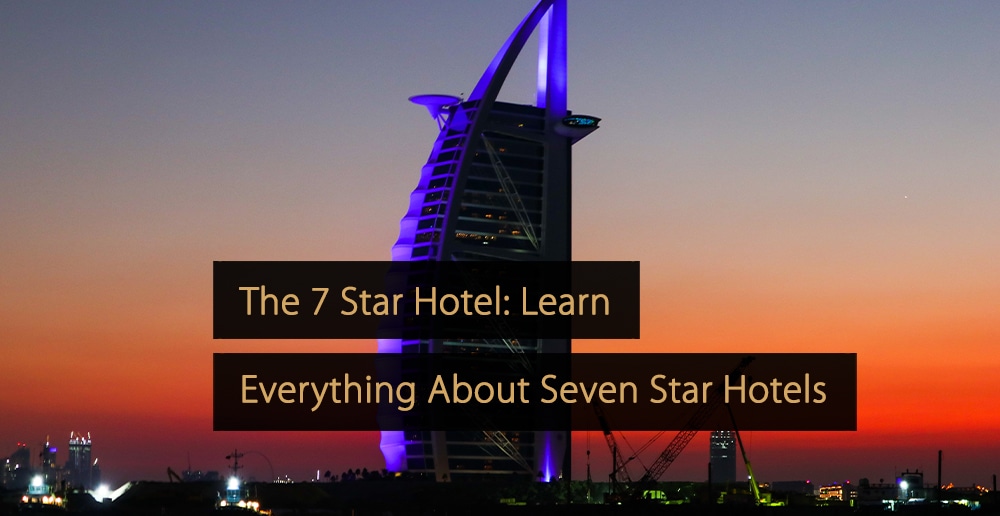
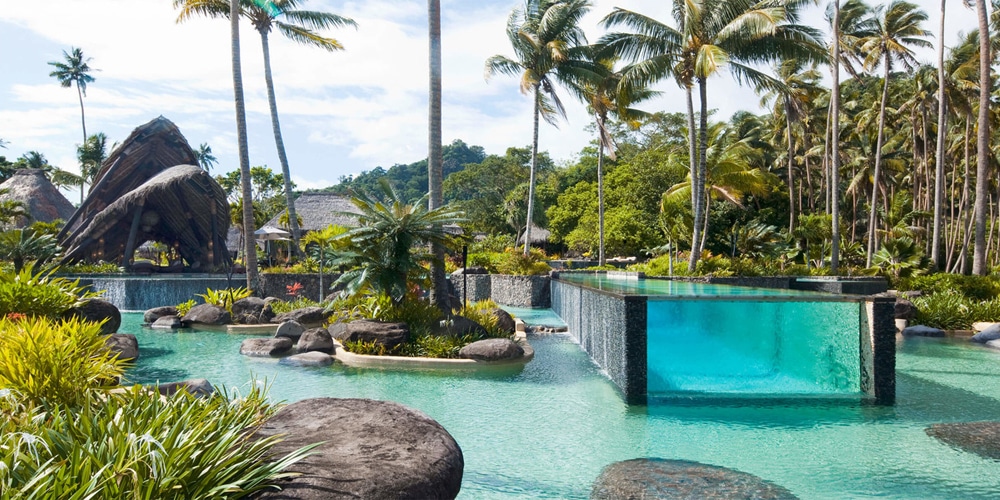
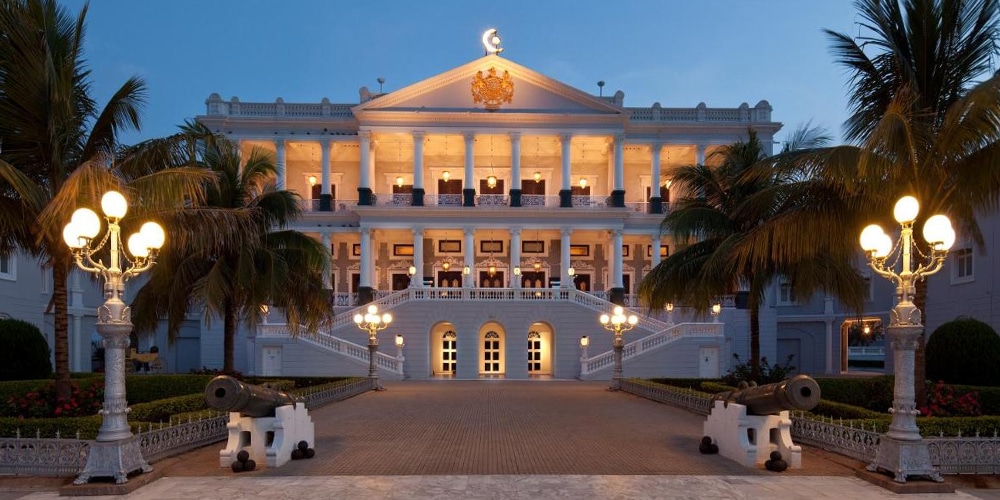


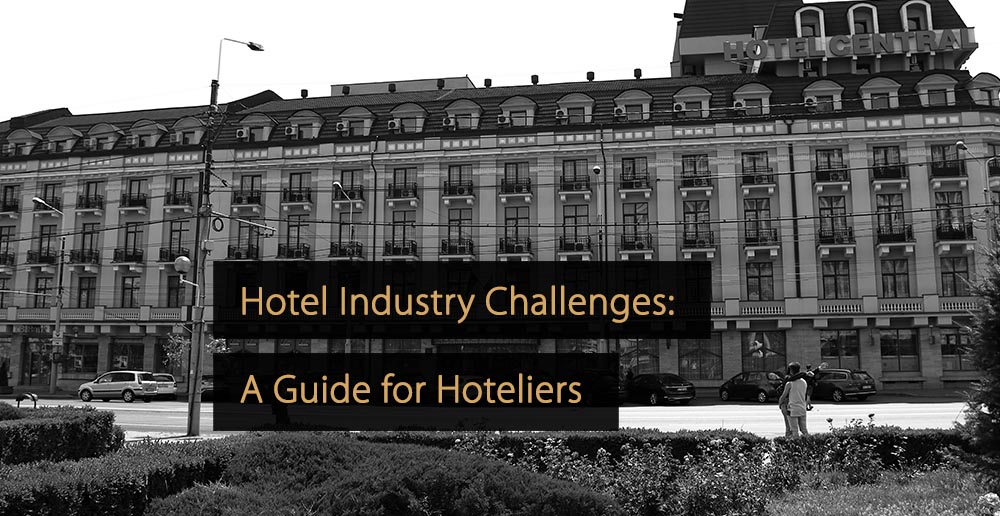
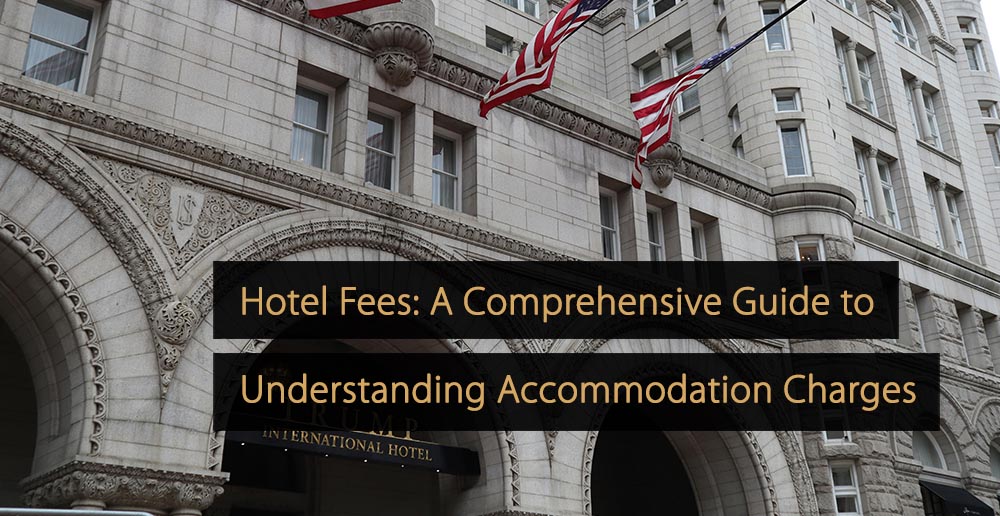


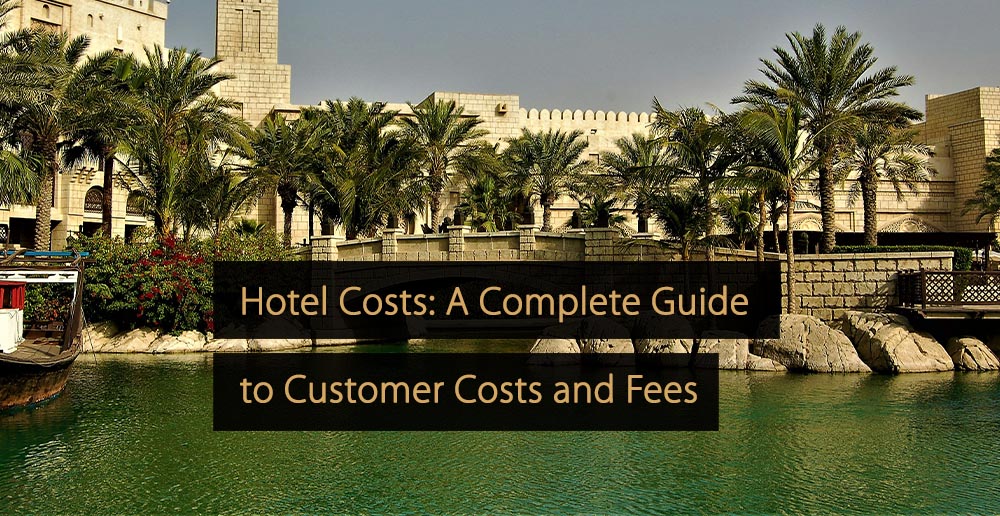
Well, as there is no categorization of hotels beyond Five Star Deluxe (5D), explaining 7-star hotels beyond 5 based on price and missing 6 in that case in between was confusing. You have already missed the concept of Time Shares in the Hotel Types.
But, see, the services are secondary in classification, as even a 3 Star Hotel can have a Luxury service. Still, suppose these 3 Star hotels also provide amenities per the Luxury standards. In that case, they are classified as Boutique Hotels, which doesn’t make them a Proper 5-star Deluxe in terms of classification.
Primarily, a set of rules and regulations are given for a Hotel to follow to become 5 Star, and yes, most of the time, there is no difference in the 4-stars and 5-star hotels apart from services which is flowed in regarding.
So for a common person, Hotel ABC is a five-star hotel, but as per classification, it might be a 4 as it failed in services last year and will try harder to reach the 5-star category again.
Last but not least, it’s a TRIVIA! How can you call an 80 Room Hotel a 7 Star Hotel? If you read my comment carefully, you will get the answer.
Thanks, A Hotel Enthusiast